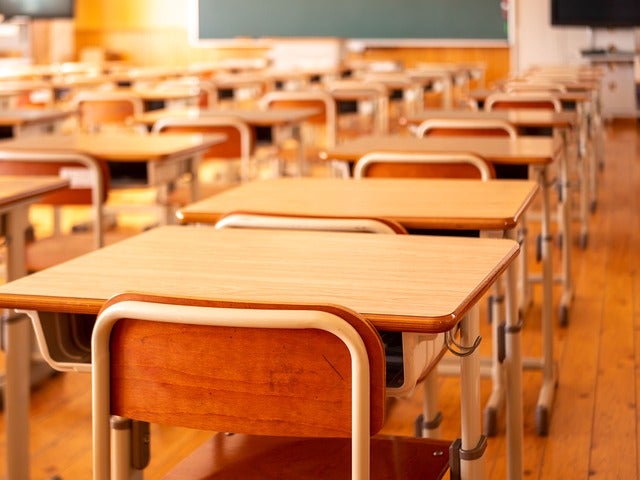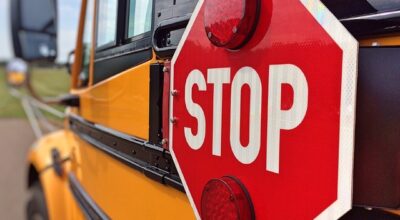Lunenburg schools serious about student computer safety
Published 4:48 pm Friday, February 19, 2016
Lunenburg County Public School know technology is an essential part of education — and so is security for its students.
School personnel are conscious about student internet safety, and safety tips are posted on the system’s website.
“I forward to my school instructional technology resource teachers (ITRT) information regarding internet safety,” said Frances Wilson, director of student services in the system’s technology department.
“These individuals are also our school media specialists, so they teach students lessons on Internet safety during their library sessions. The schools and I are happy to talk with parents if they do desire about steps to take to ensure Internet Safety.”
The Internet provides students with access to unlimited information and numerous databases, and e-mail allows them to communicate with people around the world, but those virtues also are a problem, and, sometimes, a danger.
“I would like to add that parents remember that we do allow our students to welcome strangers into our home at our front doors,” Wilson said.
“This also applies to the Internet. Unsupervised student Internet time could allow strangers to come right into your home.”
In 2000, Congress enacted the Children’s Internet Protection Act and the Neighborhood Internet Protection Act. This legislation required schools to have an Electronic acceptable use policy that addresses the issue of Internet safety; to have measures that block or filter Internet access to inappropriate sites; and to develop a school-wide curriculum which teaches students to use the Internet safely and legally, the schools’ website noted.
Lunenburg schools and other schools in the Southside Virginia Regional Technology Consortium have joined together to create a standard Internet Safety Curriculum to be taught in grades K-12.
The curriculum will cover a wide-range of topics, including personal safety by not revealing personal information; etiquette and being polite and respectful while online; security and learning about viruses, worms, hacking, and Trojan horses; and intellectual property and respecting copyrights and avoiding plagiarism.
The safety curriculum will teach students how to avoid pornography, deal with cyber-bullying and cyber stalking, and identify online predators.
Because the school system wants parents and community members to be aware of potential dangers of the Internet, all four schools will be periodically send information home concerning Internet safety.
“I have such a large concern for our youth — and our entire population — for what can happen to them in the ‘cyberworld,”’ Wilson said.
“We try so hard to be attentive, responsible and caring parents and school employees; then a piece of hardware can come into the lives of our children and create devastating results. I am all for technology. However, it is like anything else — we involve ourselves in moderation, consideration and observation. We have to watch out for our children.”





